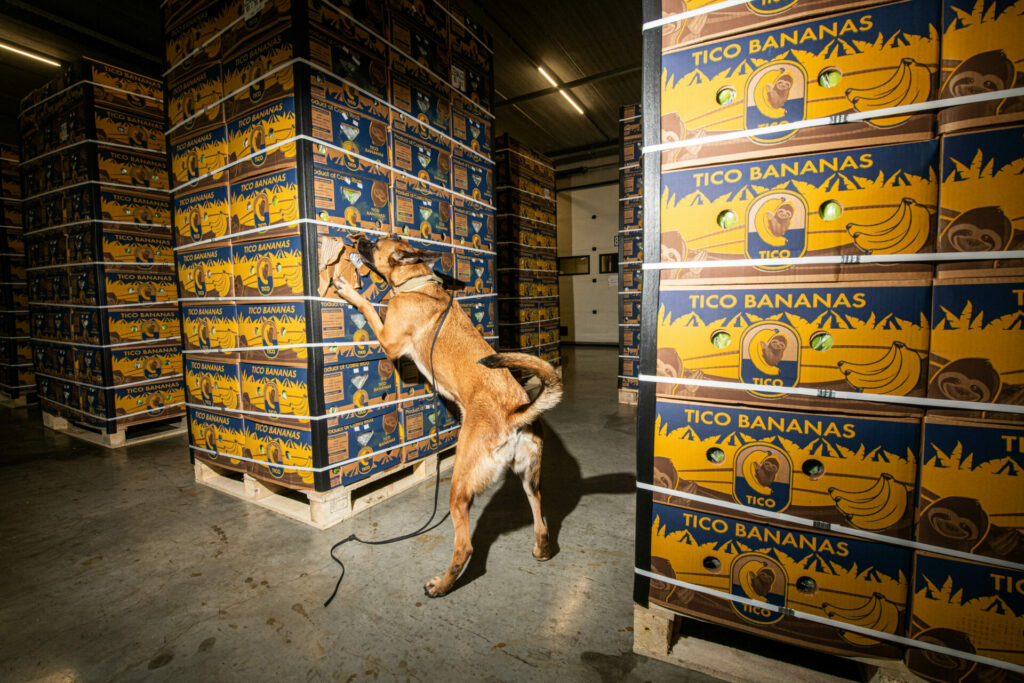In its fight against international drug trafficking, which has propelled the port city of Antwerp into a European drug capital, Belgium is once again looking abroad.
The Port of Antwerp has become a hub for the cocaine trade and the Belgian authorities are looking at all angles to curb this issue, including tackling it at the source. After signing agreements with Ecuador and Panama earlier this year – most of the drugs coming from South America and destined for Antwerp come from these countries – Belgium will now also cooperate more closely with the Costa Rican authorities to tackle this problem together, Justice Minister Vincent Van Quickenborne announced.
Increased police presence and fortified customs efforts in Brazil and Colombia are spurring criminal organisations to adjust their strategy and scope of operations and tap new ports, such as Moin and Limòn in Costa Rica.
"Costa Rica ranks fourth in terms of cocaine seizures in the port of Antwerp. If we can increase port security there and we can do the same here in Antwerp with ships coming from Costa Rica, both countries will benefit," he said.
Around 10 tonnes of the drugs seized by Belgian customs every year are found on ships of Costa Rican origin, while some 101 tonnes come from frontrunner Ecuador, 27 tonnes from Colombia and 11 tonnes from Panama.
Caught in the act
The agreement states that authorities in both countries will share more information with each other so they can increase the chances of smugglers being caught, while they commit to keeping each other informed when new smuggling methods are discovered.
For this purpose, a structured information exchange between Costa Rican shipping authorities and Belgian counterparts will also be developed, through which they will report to each other information on suspicious actions on and around ships, the presence of unauthorised persons, dubious cargoes and risky containers.
Within Belgium, efforts are also being stepped up. Last Wednesday, the country's customs signed a memorandum of understanding (MoU) with FPS Finances, the port of Antwerp-Bruges and several large container terminals. The objective of this agreement is to carry out the ongoing project of "100% scanning of high-risk containers."

